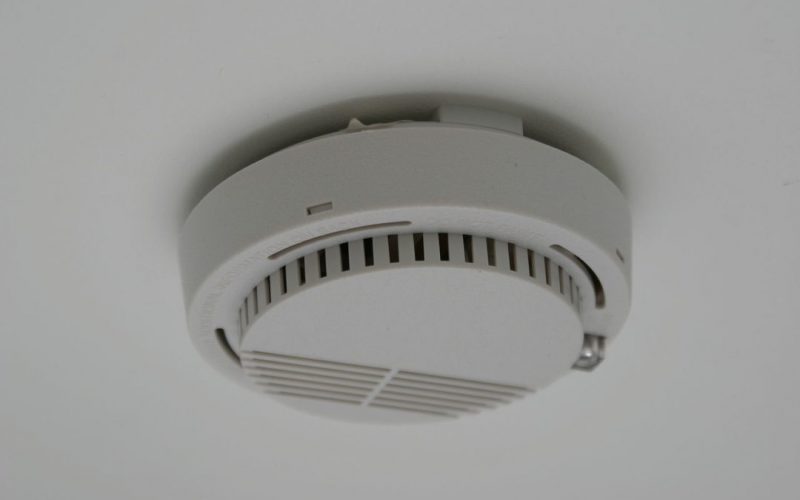HARRISBURG – Pennsylvania State Fire Commissioner Bruce Trego is reminding citizens to change the batteries in their smoke alarms and carbon monoxide detectors during this weekend’s “fall back” time change.
“Smoke alarms are critical life-saving devices and are often homeowners’ first and only line of defense against house fires,” said Trego.
“Having a functional smoke alarm is the simplest, most effective way to ensure one’s family has a warning should a house fire occur. Test your smoke alarms monthly and replace the batteries regularly.”
Trego said dead or missing batteries are the most common cause of smoke alarm or carbon monoxide detector malfunctions. When functioning, smoke alarms can decrease the risk of dying in a home fire by as much as half.
According to data from the National Fire Protection Association, from the moment an alarm sounds, occupants may have as few as two minutes to safely exit the building.
Often called “the silent killer,” carbon monoxide is an odorless, colorless, tasteless gas that can incapacitate victims before they are aware they have been exposed. Sources include wood-burning fireplaces and stoves, gas-fired fireplaces, appliances, grills and generators and motor vehicles.
Symptoms of carbon monoxide poisoning are often mistaken for the flu and include nausea, headaches, dizziness, disorientation and fatigue.
Newer models of smoke alarms marketed as having long-lasting batteries may not need to have their batteries replaced; however, these models should still be tested monthly. Many homeowners still use older models that use standard batteries that must be replaced regularly.
No matter what type of smoke alarms are used in a home, they should be tested monthly – including hard-wired units connected to the home’s electrical system.
Homeowners unsure of how to maintain or install smoke and carbon monoxide alarms can call their local fire service for advice.
For additional information on fire safety, including seasonal fire safety tips, visit BeFireSafePA.com, or follow along on Facebook at: www.facebook.com/PAOSFC.
